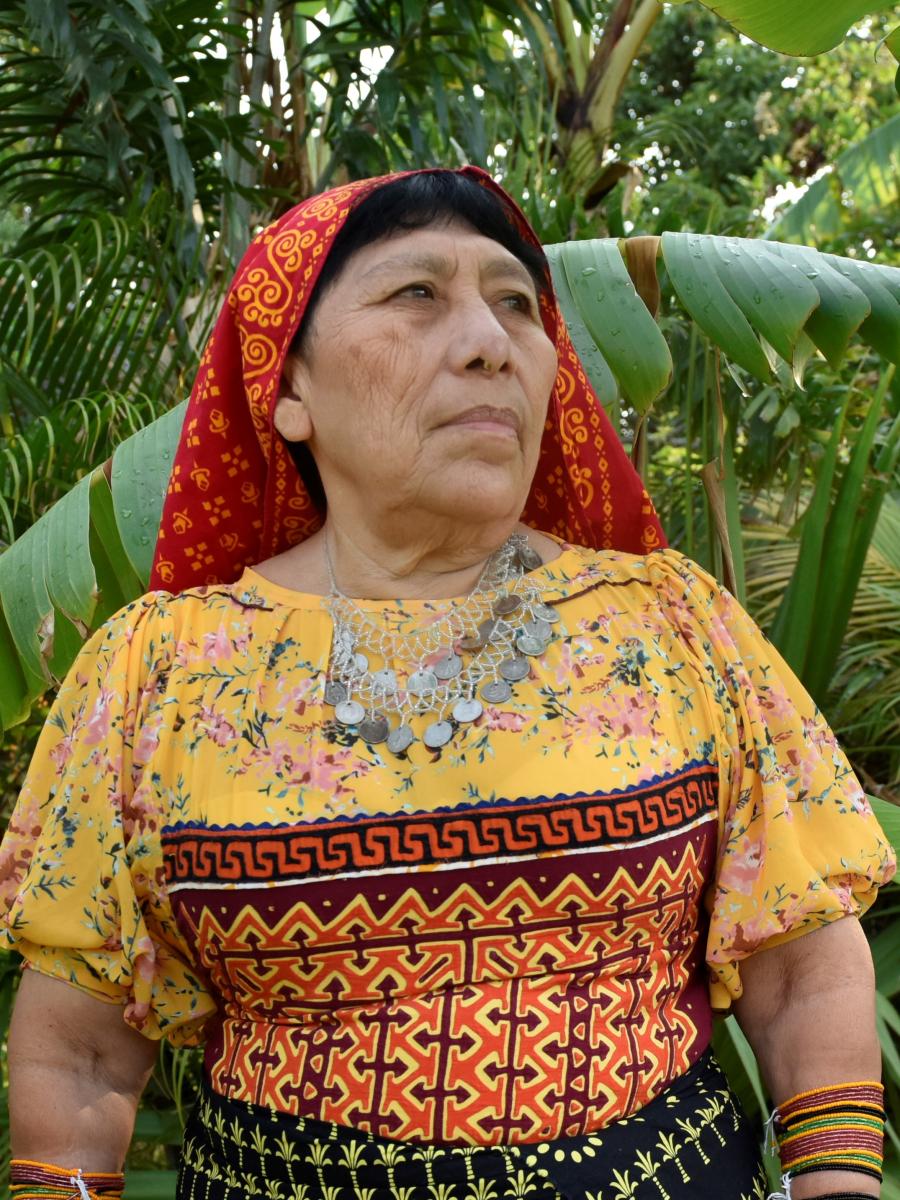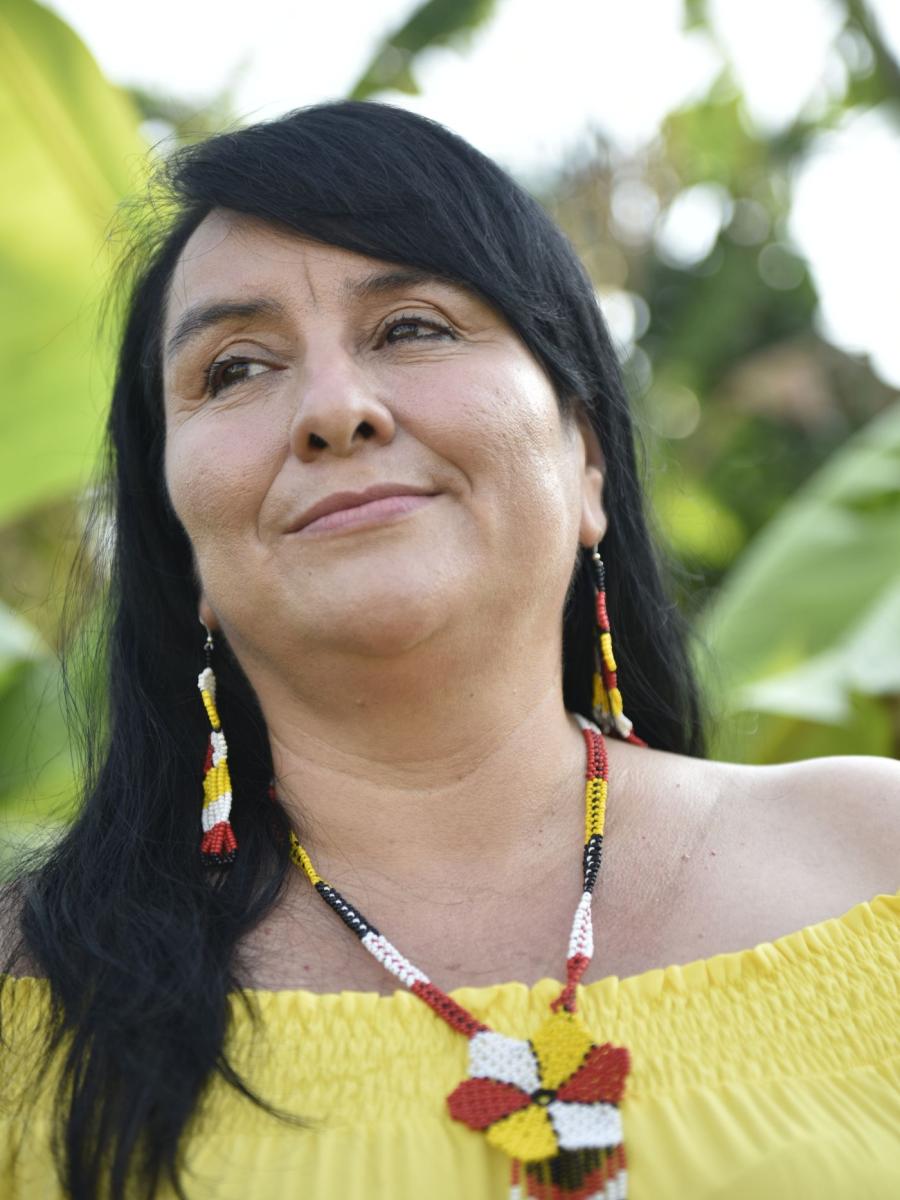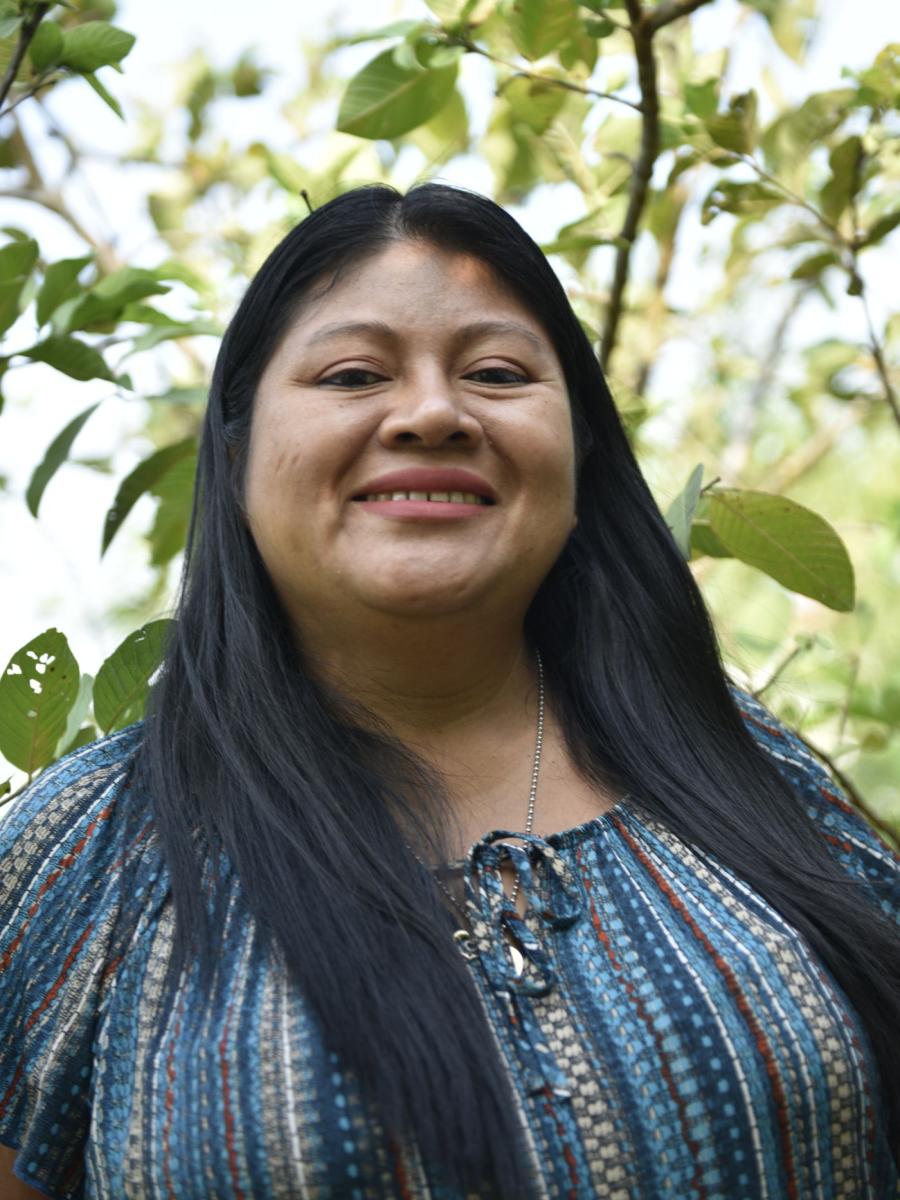Deep Roots of Resilience
Mesoamerican women rescue ancestral wisdom to build a more sustainable future
In Mesoamerica, Indigenous Peoples and Local Communities manage more than 50 million hectares of forests. Women play a fundamental role in these communities: they preserve the ancestral culture, promote productive systems based on traditional knowledge, and are the pillar of the climate resilience of their territories.
In a context of increasingly extreme climate change effects and deforestation pressures, Indigenous and Local Women are the first line of defense for the world's richest ecosystems.
The Coordinator of Territorial Women Leaders of Mesoamerica brings Indigenous and local community women leaders of the region together to consolidate networks and spaces that allow them to safeguard the ancestral knowledge of their territories.
The Summit of Native Women of Mesoamerica is part of the activities supported by USAID Guatemala, the Rainforest Foundation US, and the Mesoamerican Alliance of Peoples and Forests through the B'atz project for Local Institutional Strengthening, to implement the principles of USAID’s PRO-PI to strengthen integral and sustainable development.
Meet four Indigenous and local community women who lead processes of rescuing traditional knowledge and creating climate resilience strategies in Mesoamerica.
Briceida Iglesias grew up in the Gunayala region of Panamá, where her grandmothers and her mother educated her in the Guna worldview. They taught her that, in order to express love and gratitude towards Mother Earth, one must "dress her in green". This is achieved by planting, caring for natural resources, and singing to communicate with plants. Briceida grew up farming her own food, using medicinal herbs, and singing ritual songs that strengthen her spiritually until this day. From the Bundorgan Women's Network, Briceida fights for Guna women to have their own voice in local decision-making spaces, for the creation of Guna cultural houses, the rescue of traditional medicine, and the promotion of ancestral farming practices.

USAID Guatemala

USAID Guatemala
Mayra Morales was born in a village in the department of Zacapa, in eastern Guatemala, where her father planted many fruit trees. He would wake her and her brothers up at dawn to go to the river to fetch water and irrigate the crops. When she was 10 years old, her family moved to Petén, where they witnessed the excessive deforestation that endangered the Mayan Biosphere Reserve. In 1998, Mayra joined local organizations to protect the forests of Petén while using its resources in a sustainable way, becoming one of the first women to dare to hold a decisive position in an environment dominated by men. Currently, she leads the world-renowned community concessions model of the Association of Forest Communities of Petén (ACOFOP), which has been protecting the Maya Biosphere Reserve for more than 30 years.
Florita Martínez was born in the Cabécar Nairi Awari indigenous territory, in the Caribbean of Costa Rica. As a child, she grew her food with her mother, seven sisters and one brother. At the age of six, Florita was sent to a Western school and became the first in her family to learn to read and write. At the age of 12, she returned to live off the land and continued to learn about ancient planting techniques, medicine, and natural childbirth from the Cabécar worldview. From the Bribri and Cabécar Indigenous Women's Network (RIBCA), Florita continues to work to rescue traditional knowledge of farming and medicine, coordinating networks of women who collect and transmit ancestral wisdom to new generations. With them, she is creating seed sanctuaries and cultural fairs that allow the exchange of products grown by local families to achieve community development and promote Indigenous Women issues with the Costa Rican government.

USAID Guatemala

USAID Guatemala
Sara Omi was born in Panamá, raised within the practices of care for Mother Earth that are part of the Emberá indigenous tradition. Her mother is Omaira Casama, a woman who transcended the limits of the roles historically assigned to women by becoming the first Cacique of her town. Sara studied Law and specialized in the Rights of Indigenous Women for the preservation and restoration of forests. Sara continues her work as an Emberá leader in political advocacy spaces at the local, regional, and international levels as president of the Coordinator of Territorial Women Leaders of Mesoamerica. She promotes women's rights of the seven Indigenous Peoples of Panamá, where she seeks to create equitable policies and increase the participation of women in decision-making spaces.
USAID and its partners are committed to working with Central American governments and local leaders in the implementation of programs and initiatives that provide Indigenous Women and local communities solutions to the global climate crisis, and contribute to rescuing seeds, planting self-consumption, and the transmission of ancestral knowledge that preserves the natural resources of the tropical forests in the region.
Credits:
Mesoamerican Alliance of Peoples and Forests




